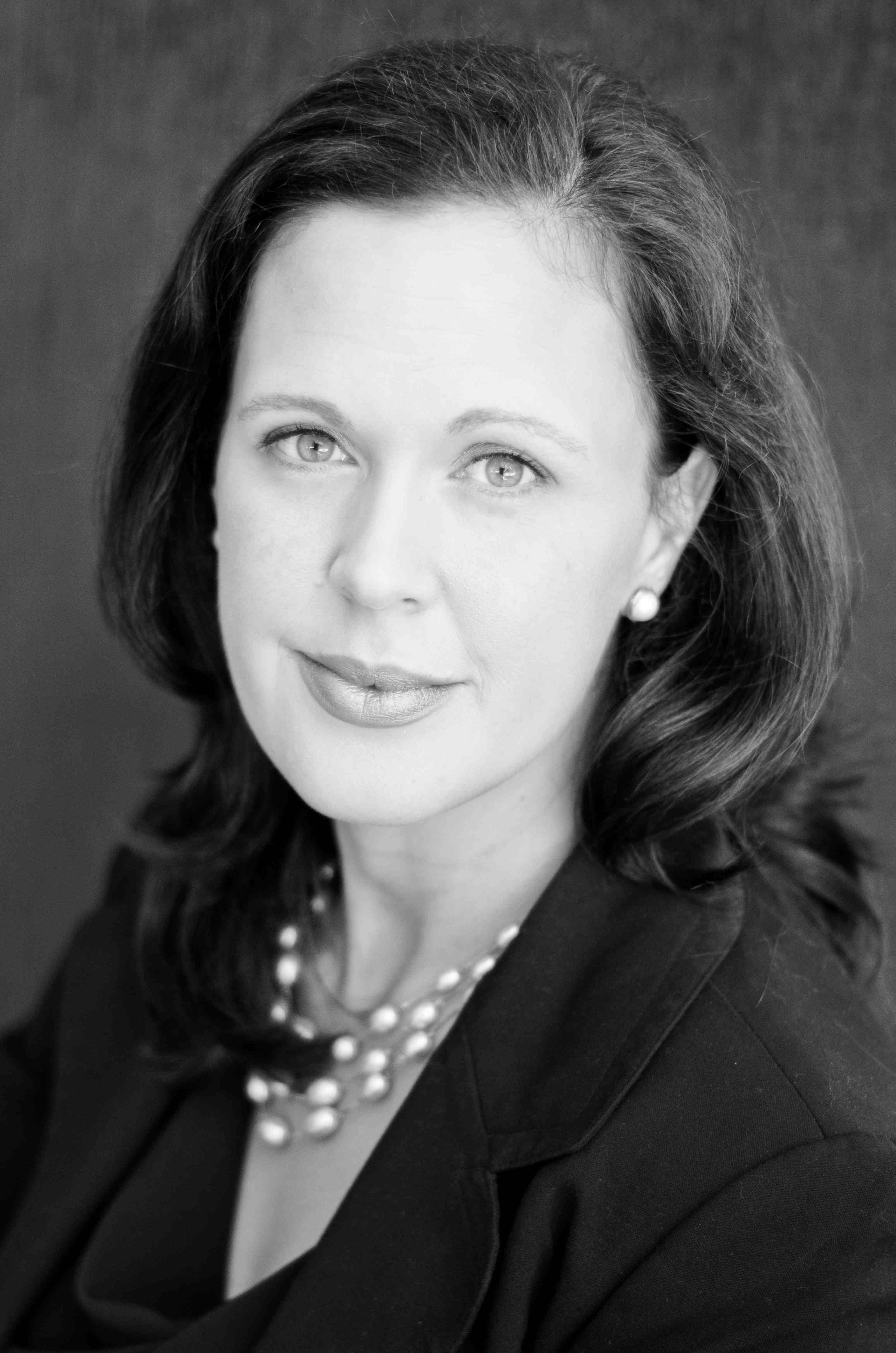Louisiana has earned the seventh-highest ranking in the 2014–2015 American Tort Reform Association (ATRA) Judicial Hellholes report of the worst places to be sued. The state has been singled out for unbalanced courts and excessive legal practices for five consecutive years.
Louisiana dropped from last year’s No. 2 ranking on the ATRA Judicial Hellholes list to No. 7 as a result of promising work by state lawmakers during the 2014 legislative session. However, significant legal reform challenges remain.
According to the report, “The shameless feeding frenzy initiated by personal injury lawyers and enabled by a plaintiff-friendly federal judge that began in the wake of 2010’s Deepwater Horizon oil spill continues, seemingly unabated, and other long-standing problems in civil courts there combine to qualify Louisiana as a Judicial Hellhole for another year.”
First published in 2002, ATRA’s annual report defines “judicial hellholes” as jurisdictions in which “judges in civil cases systematically apply laws and court procedures in an unfair and unbalanced manner.” The goal is to “shine a light on imbalances in the courts and thereby encourage positive changes by the judges themselves and, when needed, through legislative action or the ballot box.” Louisiana has been featured in the report since its inception.
While such harsh criticism can be hard to accept, Louisiana’s consistently poor rankings in the Judicial Hellholes report and in other surveys of state legal climates send a clear message that reform is necessary.
It is encouraging that the Louisiana Legislature took some steps toward reform earlier this year, but in order to shed the ‘Hellholes’ label once and for all we have to continue challenging the status quo. Judges who take lavish trips paid for by personal injury lawyers practicing before them and unique laws that drive excessive litigation are red flags that Louisiana’s civil justice system is still heavily weighted in favor of the powerful trial bar.
As evidence of a state’s judicial system gone awry, the Judicial Hellholes report references the scandal involving Louisiana District Court Judge J. Robin Free. The judge accepted an all-expenses-paid trip to a hunting ranch owned by a Texas trial lawyer who only days earlier had settled a lawsuit in Free’s court for $1.2 million. After investigating, the Louisiana Supreme Court handed down a 30-day suspension, which the report describes as barely a “slap on the wrist.”
Is a month long suspension an appropriate sanction for a judge who has, by the court’s own admission, ‘harmed the integrity of and respect’ for the judiciary? I think most Louisianians would disagree.
The lack of good judgment displayed by some members of the state judiciary is truly troubling, as well as the apparent lack of oversight exercised by the Louisiana Supreme Court when ethical lapses are exposed.
The ATRA Judicial Hellholes report also criticized the Court Supervised Settlement Program established after the 2010 Gulf oil spill.
"Blatant fraud perpetrated by plaintiffs’ lawyers who, on behalf of businesses that suffered no harm remotely traceable to the Gulf oil spill, have nonetheless sought to squeeze free money out of the [program]. The fund has been too easily exploited under the administration of veteran Louisiana lawyer Patrick Juneau,” the report concludes.
ATRA, on the other hand, acknowledges the good work of lawmakers this year to enact legislation that will improve the state’s legal climate.
“Louisiana had a particularly productive [legislative] session,” according to the report, by enacting five laws aimed at curbing excessive litigation. “Lawmakers [are] determined to improve the Pelican State’s reputation.”
Louisiana ranks among America’s worst 'Judicial Hellholes' for fifth year

ORGANIZATIONS IN THIS STORY